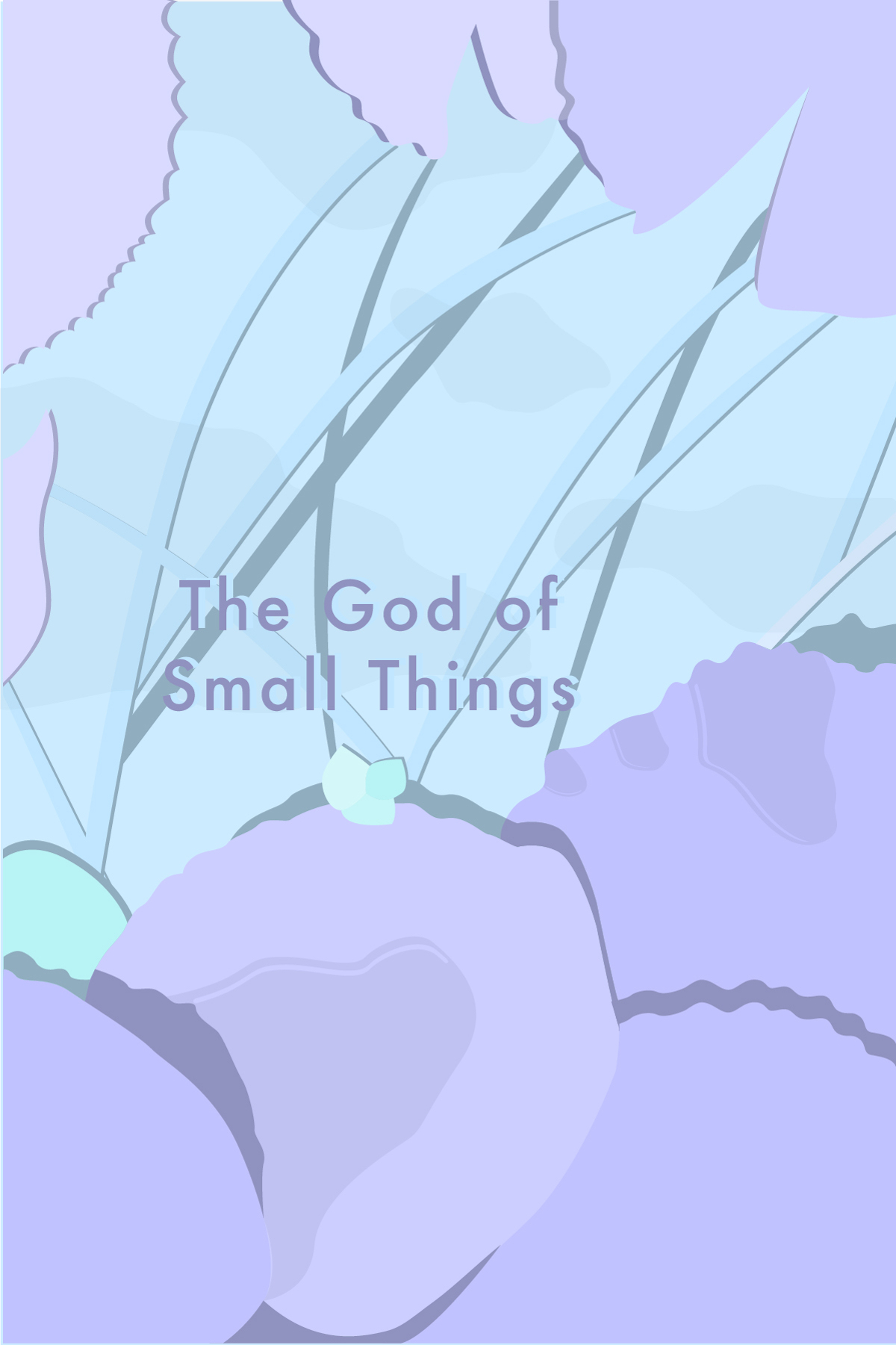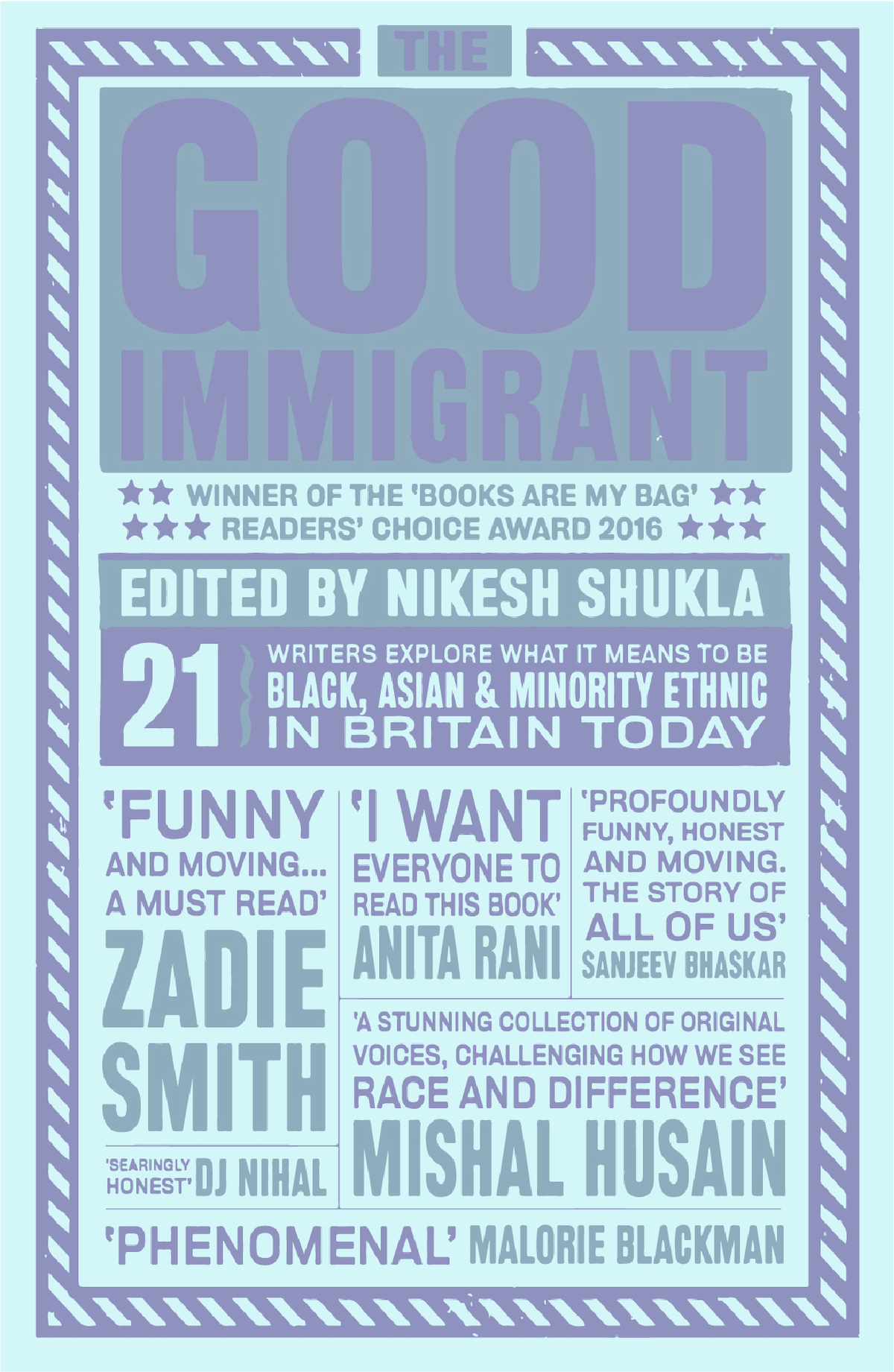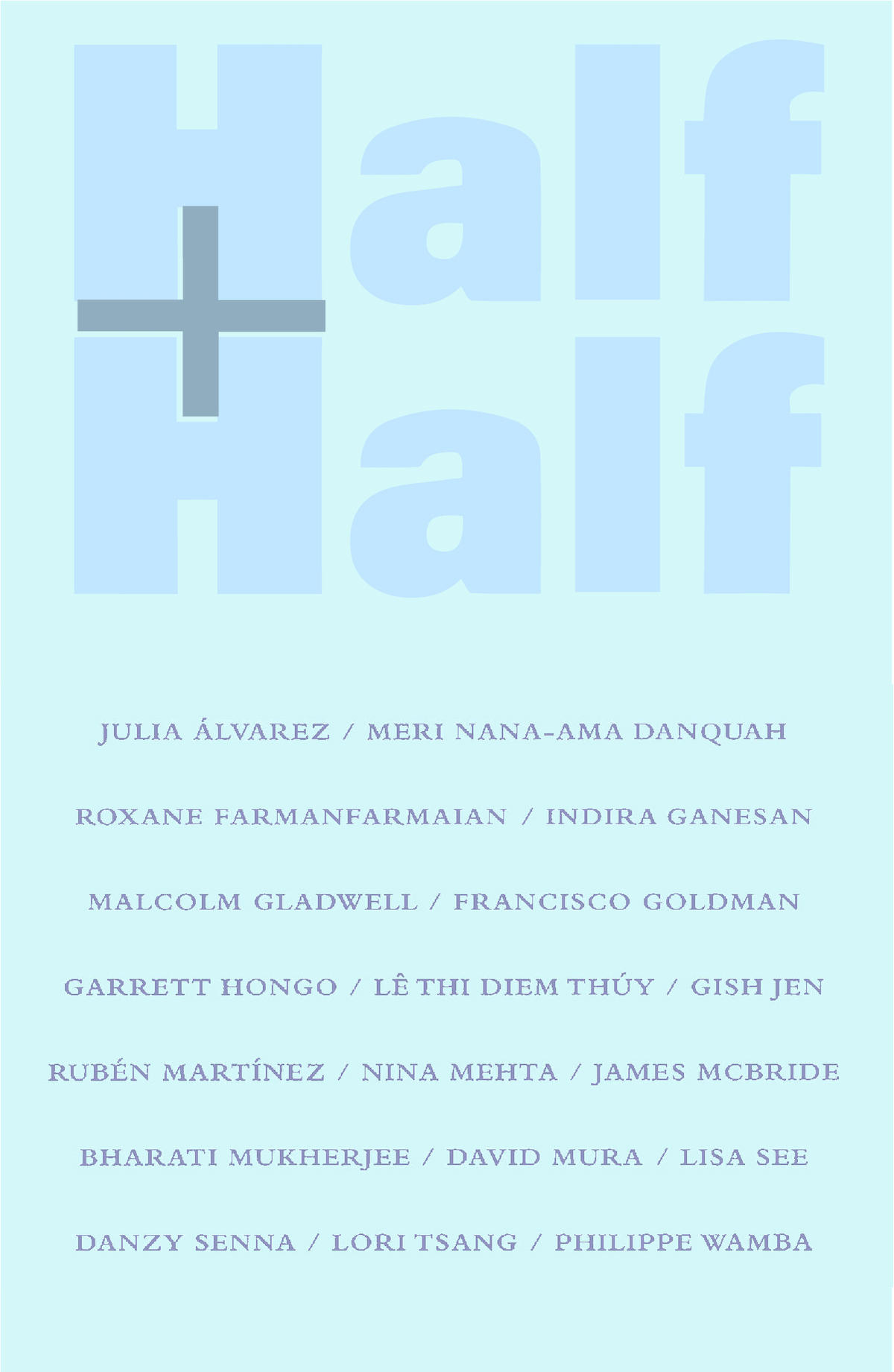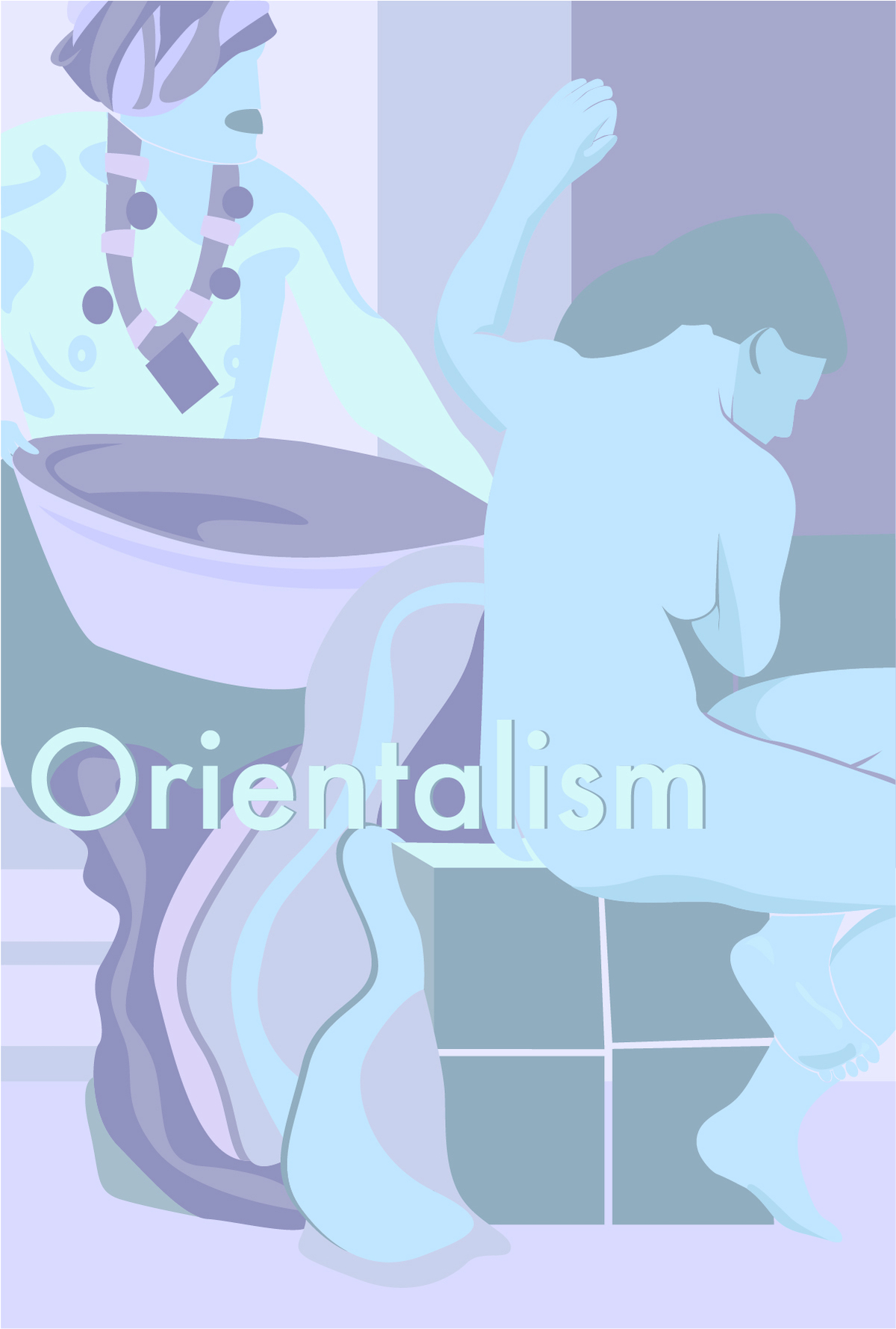The British chapter was first proposed by Ghanaian analyst Akyaaba Addai-Sebo in 1987 and has…
10 Postcolonial Texts To Read by Writers of Colour
& How to Purchase22 November 2019
Being part of a diaspora can often mean being in-between places. It implies the difficulty of trying to find a way to exist between a collective historical narrative and one’s own individual identity.
When faced with multiple layers of scattered histories, and postcolonial trauma, finding one’s own voice can sometimes seem impossible.
Postcolonial fiction can be a way to escape the idea of a single narrative and assume a plurality of perspectives. It is of great importance to reflect on our history, memories, and the colonial past. Reading stories about people “in-between” gives us a rare feeling of belonging; learning through fiction that all the multiple complexities within us are valid and shared by so many others. It can be therapeutic even to know that our stories exist and that we can approach the complexities within us through fantasy, storytelling, and research.
A quick glance at the most famous books in the history of fiction, we see they devote very little space to our stories. That’s why YEOJA Mag has curated a reading guide to fiction and non-fiction texts examining life in-between two or more cultures, identities, and being Black, or a person colour in a white-dominant society.

Arundhati Roy – The God of Small Things
In her book, The God of Small Things, Arundhati Roy speaks on “history’s smell” and the way in which it lurks in colours and textures. Roy’s poetic debut allows readers to escape reality and enter a world of magical realism. We follow the story of seven-year-old twins Estha and Rahel as they grow up with a Syrian Christian family in Kerala, India; a country divided between debates on race, religion, and power. Above all, desires and memories hide in drawers and seek asylum in the want for ordinary things.
Assia Djebar – Women of Algiers in Their Apartment
Algerian women have long taken an active role in combat, particularly against the brutal rule of French colonisers. Their contributions, stories, and voices have mostly been overlooked by historians but find recognition in Assia Djebar’s Women of Algiers in Their Apartment. Djebar herself took part in the war, but as a novelist and historian, she gave many of the women who fought alongside her a voice and visibility.

Nikesh Shukla – The Good Immigrant
Where are you really from? Who can be a good immigrant? What does it mean to fit in? In The Good Immigrant, editor Nikesh Shukla has collected a range of different stories that will make you laugh, cry, and reflect. Inside, 21 different voices discuss what it means to be an immigrant and the difficulties of living as a person of colour in a country suffering from colonial nostalgia.
Trevor Noah – Born A Crime
As the child of a black Xhosa mother and a white Swiss father, Daily Show host Trevor Noah was literally born a crime. Through his examination of the absurdities and atrocities South African apartheid, Noah’s hilarious autobiographical comedy speaks to love, loss, heartbreak and life as a fearful mixed child.

Hilton Als – White Girls
“Twinship, is the archetype for closeness; it is also the archetype for difference: on one’s other half, one sees both who one is and who one isn’t.” Hilton Als’ collection of essays in White Girls is a subtle and intellectual interrogation of intimacy, phenomena in pop culture, and the ambiguity of race and gender. While “being around white people is sometimes like taking care of babies you don’t like,” there is always a tone of ambiguity and soft exploration of multiple voices and ideas about identity.
Olu Oguibe – The Culture Game
How do you deal with commodification as an African artist? The image of Africa as depicted in Joseph Conrad’s The Heart Darkness-rooted in colonial and racist ideology-is still very present in discussions around contemporary black art. While the global art market maintains a specific interest in African artists, it often transpires as a Western desire for the “Other” as “primitive” and “exotic.” Unapologetically, Olu Oguibe explores how stereotypes and dichotomies about Africa interfere with the practice of talented African artists and how they find ways to mirror this “Culture Game” in their art.

Claudine Chia Wei O’Hearn – Half and Half: Writers Growing Up Biracial and Bicultural
In Half and Half, editor Claudine Chia Wei O’Hearn brings together 18 different writers exploring their thoughts, and experiences on mixed heritage, living between cultures, and being confronted with the constant need to explain their identity.Their personal insights bring about unique perspectives on joy and acceptance via a multitude of histories.
Hanif Kureishi – The Buddha of Suburbia
“My name is Karim Amir, and I am an Englishman born and bred, almost.” Nothing seems more familiar to people of colour than “almost.” What does it mean to be of colour in a white society? Or even growing up mixed, unsure about one’s own identity?
In his book The Buddha of Suburbia, Kureishi is a master of interrogating the complexities of combined cultures through the comical, yet tragic lense of Karim Amir’s life. How does he deal with the resentment and bitterness of his reality? In a word on the text, Zadie Smith writes: “Karim is both free and not free at the same time.”

Edward Said – Orientalism
Considered to be a classic in postcolonial studies, Edward Said’s Orientalism explores the dogma of Western scholars and the projection of their ideas on the “Oriental” world. Published in 1978, the influential text is a master examination of misconstrued identities and its lasting impact on what is considered the “Orient.”
Salman Rushdie – Midnights Children
Rusdhie’s protagonist, Saleem Sinai, is born at the same time the partition between Pakistan and India is drawn. In Midnight’s Children, Saleem’s life becomes an allegory for the new-born nations; examining a post-colonial India in a world of magical realism. Emotions pour into food as the sheres between history and fantasy blend seamlessly.
Honourable Mentions
Other good reads include books by Maya Angelou, Zadie Smith, Stuart Hall, Ben Okri, Chinua Achebe, Homi K. Bhabha, Franz Fanon, Ngũgĩ wa Thiong’o, Chimamanda Ngozi Adichie, Bell Hooks, Angela Y. Davis, Audre Lorde, W.E.B. Du Bois, Ta-Nehisi Coates, and Elizabeth Martínez.
_
Original artwork for YEOJA Mag by Emilie Chabridon. For more articles like this, check out out our recent roundup of Black British Icons for UK Black History Month.







